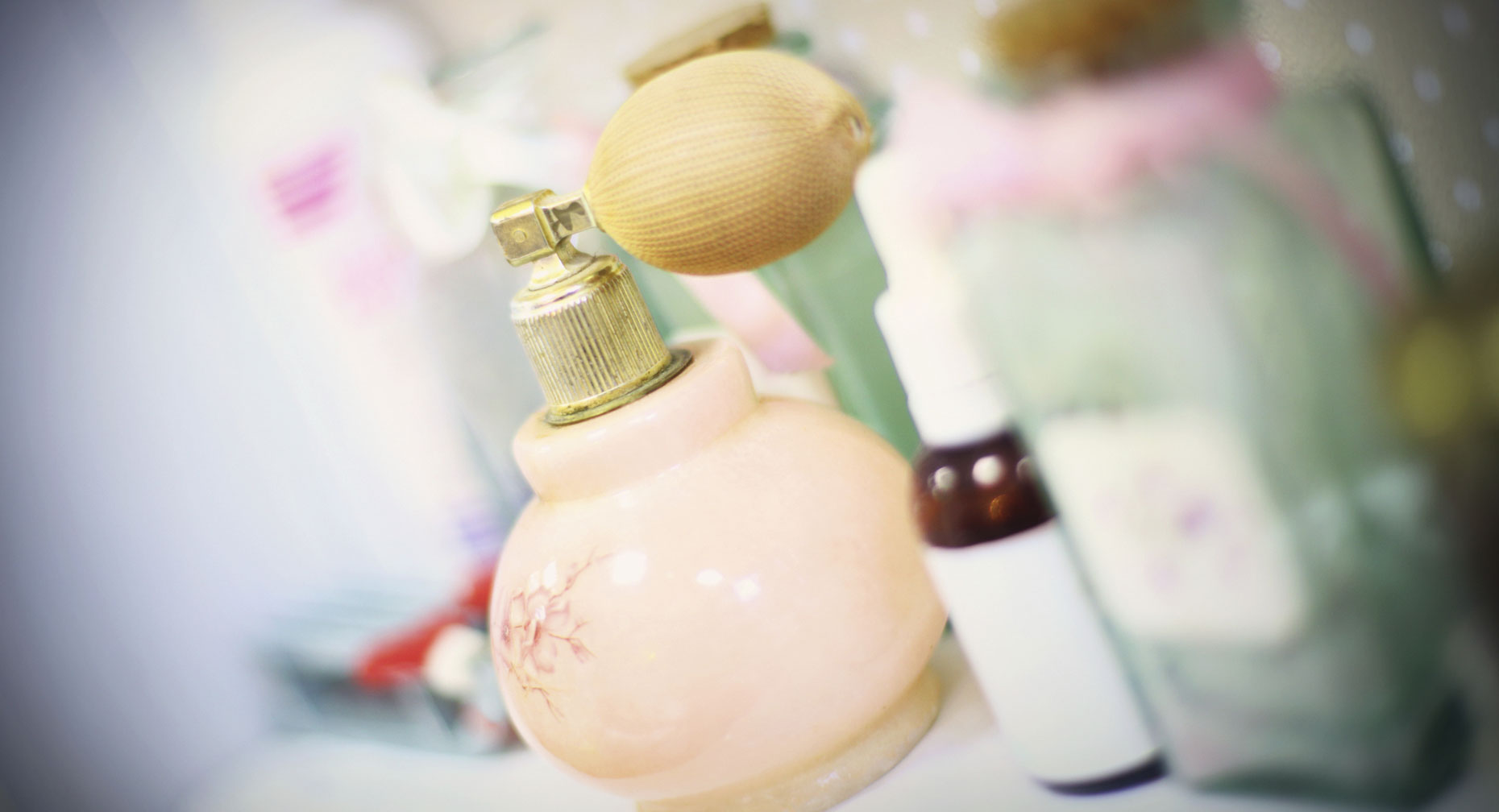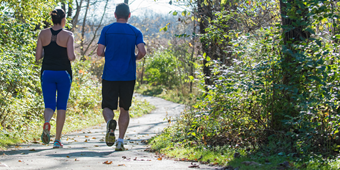Master Your Asthma Triggers

Find Your Perfect Match
Answer a few questions and we'll provide you with a list of primary care providers that best fit your needs.
Put yourself in the driver’s seat with your asthma. There’s a lot you can do to avoid an asthma attack. Once you know what triggers your symptoms, you can take steps to avoid them and stay healthy. They may be allergens like pollen or irritants like smoke — and some that may surprise you. Try these tips for controlling some common asthma triggers.
Allergens
- Dust mites: Even the cleanest house has dust mites, tiny bugs that live in your mattresses, bedding, carpets, curtains and indoor dust. Use mattress and pillowcase covers to protect yourself. Wash your bedding weekly in hot water (130°F).
- Pets: Animals with fur or feathers can produce allergens — tiny dry skin flakes called dander. If you have a pet, keep it out of your bedroom.
- Mold: Help banish mold in places like your bathroom, basement and closets. Clean damp areas weekly, including showers and sinks.
- Pollen: Learn what pollen affects you the most. Trees, grasses and weeds are the most common. Use air conditioning instead of opening the windows in your home or car.
- Cockroaches: You can find these household pests anywhere, but especially where you eat. Keep your kitchen clean and dry, take out garbage daily and store food in tightly sealed containers.
Irritants
- Smoke: Don’t smoke (cigarettes, cigars or pipes) and don’t let people smoke near you. Stay away from fireplaces, wood stoves and outdoor grills. Even candles can cause problems.
- Air pollution: Check out local air quality forecasts to avoid high levels of pollution and smog.

Strong odors
- Scents: Perfumes, deodorants and other beauty products can trigger asthma. Candles and incense can also give off strong aromas. Use products with no scent, like scent-free deodorant.
- Cleaning products: Avoid bleach and ammonia.
Other
- Dust & fine powders: Wear a mask for tasks like sanding, dusting, sweeping or yard work.
- Aerosol sprays: Use a pump spray bottle instead.
- Weather: Certain conditions, like very high or low temperatures, or wind, can make symptoms worse. Limit outdoor activity if you're sensitive, and wear a scarf over your mouth and nose in cold weather.
- Colds, flu and sinus infections: These upper respiratory infections can irritate your lungs. Wash your hands often, get a yearly flu shot and ask your doctor about pneumonia vaccines.
- Food additives: Check food additives for sulfites, metabisulfites and sulfur dioxide, often found in wine, beer and dried fruits. If they trigger a flare-up, avoid them.
- Medicines: These medicines can cause symptoms: aspirin, nonsteroidal anti-inflammatory drugs (NSAIDs) like ibuprofen and naproxen, and some beta-blockers.
- Emotions: Laughing, crying or feeling excited can be a trigger. Try a breathing exercise or focus on a soothing image to relax you.
- Exercise: While physical activity can bring on symptoms, don’t let that stop you from being active. If you haven’t been exercising regularly, start slowly and build up over time.
Find Your Perfect Match
Answer a few questions and we'll provide you with a list of primary care providers that best fit your needs.
Source: American Academy of Family Physicians




